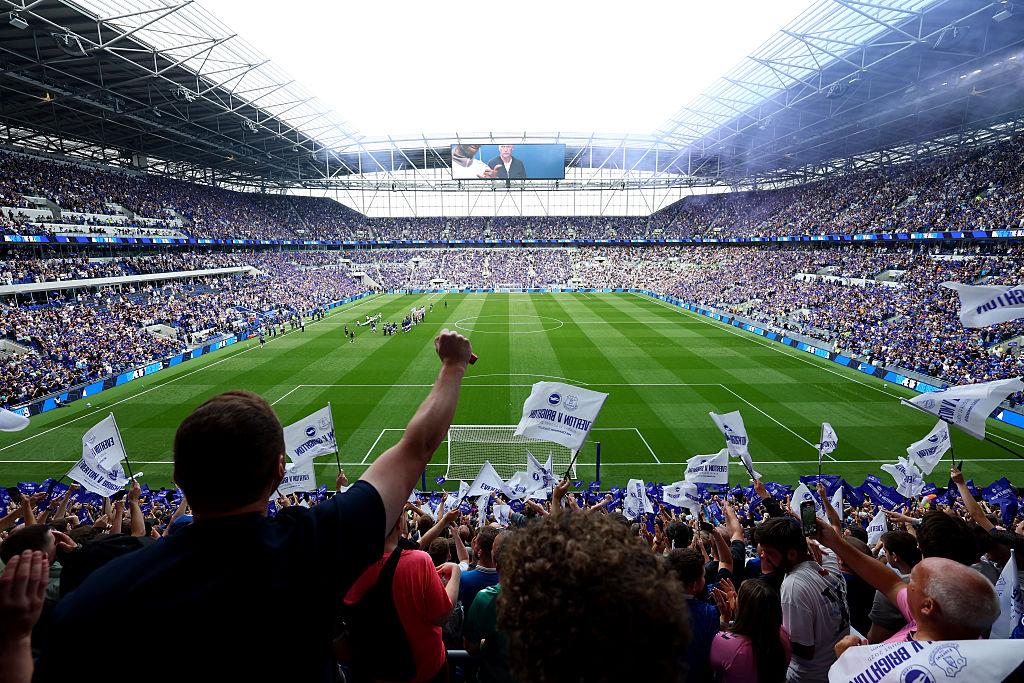When transfers go bad
The least significant thing about the Sofia derby was the score.
CSKA beat Levski 2-0, their task eased by the fact that LevskiâÂÂs four core players â Darko Tasevski, Jose Ze Soares, Youssef Rabeh and Zhivko Milanov â were in Moscow, expecting to complete surprise last-minute transfers to the Russian champions Rubin Kazan.
True, the transfer window had already shut but Levski were advised that Rubin had been allowed to reopen the window because many of its players had swine flu.
Levski fans, gutted about the loss of players and a probable derby defeat, tried to cheer themselves by thinking of the money â around ã4 million â the sales would generate for club president Todor Batkov to invest.
Things began to go wrong when the financial director Konstantin Bazhdekov arrived in Moscow with the players for their medical tests.
When new terms were demanded to complete the deals, Bazhdekov called Batkov, who then rang the president of Rubin Kazan.
To BatkovâÂÂs horror, the Rubin president Alexandr Gusev knew nothing about the deals, UEFAâÂÂs special permission or the epidemic of swine flu that had decimated his squad.
The best features, fun and footballing quizzes, straight to your inbox every week.
Levski had been conned. The people who had encouraged them to sell these players had business cards and documents bearing the Rubin club logo but they were not connected with the club at all.
What was the sting supposed to achieve?
Some have accused CSKA supporters who, so the conspiracy theory goes, wanted revenge after a letter from Bulgaria persuaded UEFA not to let CSKA compete in the 2008/09 Champions League because of the state of their finances.
Others blamed, more credibly, Asian gambling syndicates wanting to make millions by betting on a CSKA win in the Sofia derby.
There is some â though hardly conclusive â evidence of large bets on a CSKA win being placed with certain Asian bookies.
ItâÂÂs worth noting that eastern European clubs are at the heart of UEFAâÂÂs probe into 40 games that may have been fixed.
The only definite outcome was to make Bazhdekov and Batkov look like muppets and Levski, in the eloquently indignant words of one fan, âÂÂlike the idiots of Europe.âÂÂ
In truth, Bazhdekov and Batkov were gullible, but unlucky.
The Byzantine way players are bought and sold now makes this kind of scenario terrifyingly plausible.
Each transfer is, in its way, a clandestine conspiracy, conducted in a race against time.
The global trade in footballers â and the disturbingly common practice of businessmen buying a stake in a player â have just made the conspiracies more labyrinthine and complicated.
And the transfer business is peopled with a Damon Runyonesque cast of chancers who love to deal beyond their means, fixers who imply with a nod and wink they can mysteriously get such and such a player, and cocky go-betweens who boast of their remarkable access to other coaches and presidents.
Such skulduggery is far more elaborate and sophisticated than an agent ringing up Graeme Souness pretending to be George Weah and recommending the signing of his âÂÂcousinâ Ali Dia, who had played 14 games for PSG.
Mind you, on a much smaller scale, even the great and good have indulged in gamesmanship to clinch the right deal.
When Arsenal signed inside-forward David Jack from Bolton in 1927, Herbert ChapmanâÂÂs assistant Bob Wall recalled: âÂÂWe arrived at the hotel half-an-hour early. Chapman immediately went into the lounge bar.
"He called the waiter, placed two pound notes in his hand and said: 'George, this is Mr Wall, my assistant. He will drink whisky and dry ginger. I will drink gin and tonic.
We shall be joined by guests. They will drink whatever they like. See that our guests are given double of everything, but Mr Wall's whisky and dry ginger will contain no whisky, and my gin and tonic will contain no gin.'
"When the Bolton pair arrived, Chapman ordered the drinks. We quickly downed ours and he called for the same again. The drinks continued to flow and our friends were soon in a gay mood.
"Finally, when Chapman decided the time was opportune for talking business, they readily agreed to letting him sign Jack - and for ã10,890, which we considered a bargain."
The Sofia derby, by the way, was a riot. Literally. Levski fans attacked cars, buses, trams and bins.
Although there were 150 arrests, there seem, from reports, to have been few serious injuries â except to Levski skipper and goalkeeper Georgi Petkov, whose busted shoulder forced him to leave the field halfway through the second half and will sideline him for at least two matches.
This strange tale has one bizarre footnote: even with four Levski stars rested, the Eternal Derby was absolutely bloody thrilling.
Frenetic, end-to-end, competitive, football of a kind seldom seen in the Bulgarian league these days.
---------------------------------------------------
FourFourTwo.com: More to read...
More Professor Champions League blogsBlogs HomeChampions League News
News Home
